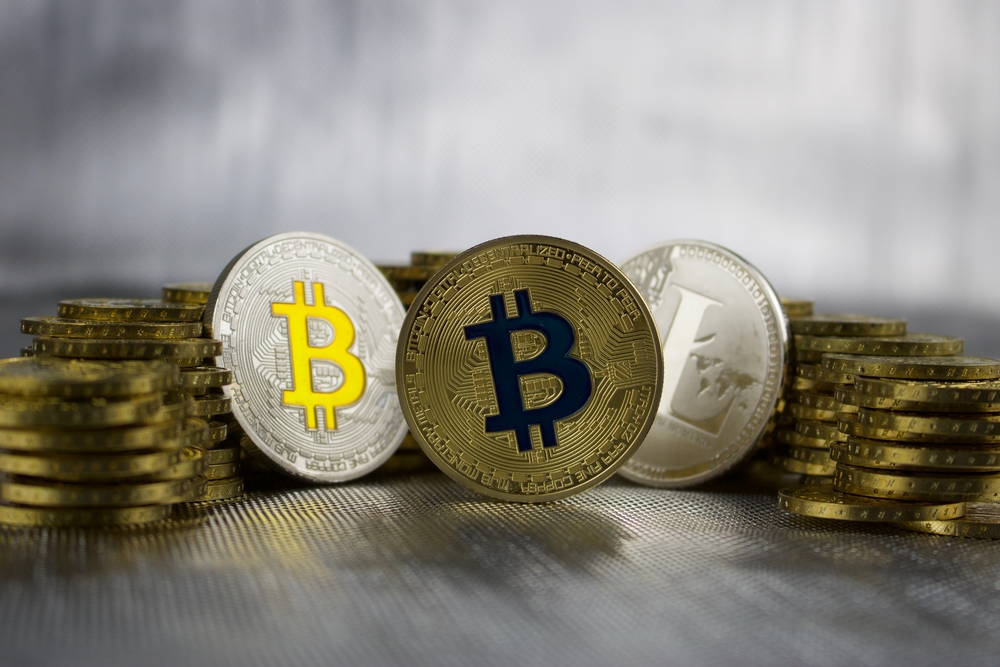In the world of cryptocurrency trading, there are many different ways to go about things. Buying and selling coins and assets across exchanges is a very popular but also risky method. Leveraged margin trading is another option, but unfortunately some platforms have disabled this option. There is also the Bitcoin futures contract, which could be quite appealing. However, very few people seem to be aware of what these contracts really are and how they work.
The Concept of Bitcoin Futures Contracts Explained
On the surface, Bitcoin futures are a simple concept. A Bitcoin futures contract revolves around users agreeing to buy or sell a specific amount of cryptocurrency once it reaches a predetermined price on a future date. The concept of futures contracts has been around for many decades now, and they will continue to exist for quite some time to come. It is a great way to transfer risk, or even take on risk, depending on how aggressively you want to trade.
A buyer of a futures contract buys the right to sell Bitcoins at a specific price. The seller agrees to accept the Bitcoins at a specific future date for that particular price. Similar to margin trading, one party can go so short and the other can go long. More specifically, the buyer often takes a “short” position in the hopes of buying said amount of bitcoins at a more favorable price. The seller takes a “long” position in the hopes of fetching a higher price per Bitcoin at the settlement date.
A Bitcoin futures contract can be traded on the platform it is created on during the lifetime of the agreement. These contracts also have an inherent value depending on the expected price when the contract duration comes to an end. Parties can also post money in escrow to reduce their counterparty risk during the futures contract duration. This is usually only done when the price starts showing definitive momentum toward either the long or short position held by either the buyer or seller.
What makes Bitcoin futures contracts so appealing is how neither party is agreeing to complete the transaction immediately. Aggressive traders will often seek to leverage their position by posting collateral or a small portion of the original futures contract cost. Leveraging such a position can yield far higher earnings, but it can also result in significant losses. Leveraged trading is always a risky business, especially when “gambling” on the futures contract associated with that position.
It is not hard to see why Bitcoin futures contracts have become quite popular, especially on the OKCoin and Bitmex exchanges. Speculators are quite keen on Bitcoin price volatility, which means they will open short and long positions multiple times every week. Successful traders, who often use technical analysis to predict market movements, will often make a small profit for every Bitcoin futures contract they hold.
However, the true Bitcoin believers will increase their amount of contracts every so often. This is mostly done by people who think the Bitcoin price will appreciate significantly in the future. There are some large Bitcoin futures contracts holders on these exchanges as of right now. We are talking about “whales” who hold several thousands worth of contracts, which is quite a gutsy move.
If you liked this article, follow us on Twitter @themerklenews and make sure to subscribe to our newsletter to receive the latest bitcoin, cryptocurrency, and technology news.

